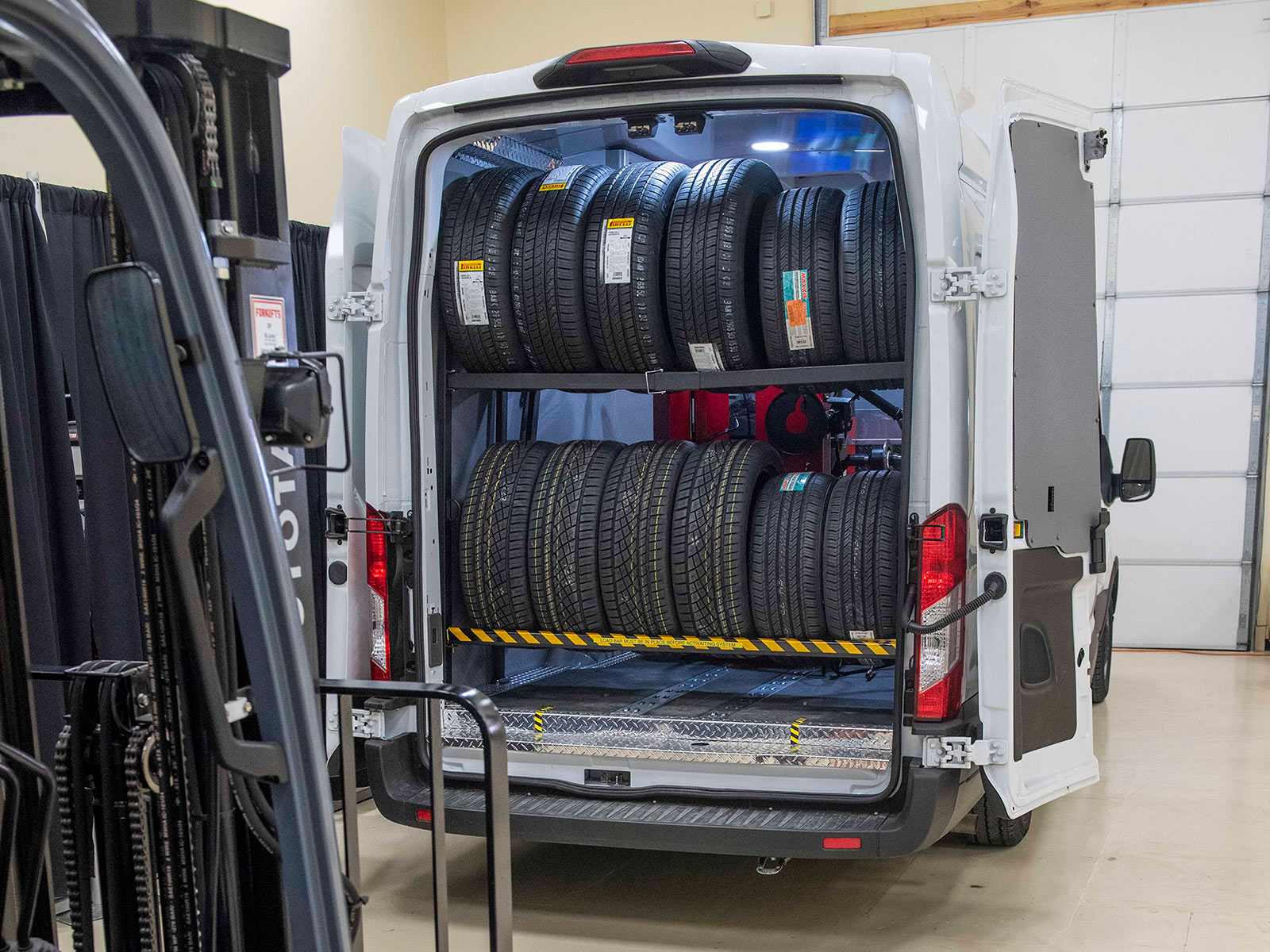Tire Solution: The Influence of Weather
When it involves ensuring optimal efficiency and security on the road, understanding the impact of weather on tire solution is important. From scorching warmth to icy roadways, each weather component can dramatically influence tire performance and overall driving experience. By diving into the results of differing weather on tires, chauffeurs can gain valuable insights that might enhance their lorry's performance and longevity. In this conversation, we will check out the intricate partnership between climate condition and tire service, dropping light on the value of weather-specific tire upkeep methods and factors to consider.
Warm and Tire Performance
When revealed to heats, tires experience adjustments in efficiency that can dramatically impact vehicle safety and security and handling. The heat created from extended driving or heat conditions creates the tire rubber to soften, bring about decreased step life and raised wear. As the rubber becomes softer, the tire's grasp on the road decreases, affecting stopping distances and general traction. In severe instances, too much warmth can also cause tire blowouts, presenting a severe safety and security threat to the automobile and its passengers.

Cold Climate Effects
Winter problems can have a considerable influence on tire performance and safety. As temperature levels decrease, tire rubber can harden, resulting in decreased grip on icy or snow-covered roadways. In cold climate, tires may also lose atmospheric pressure extra rapidly, which can influence managing and gas performance. In addition, cool temperatures can create tire sidewalls to stiffen, enhancing the threat of damages from pits or various other road hazards.
To reduce the effects of cold weather on tires, it is crucial to on a regular basis examine tire pressure and inflate them to the manufacturer's advised degrees. Utilizing winter months or all-season tires designed for cold weather conditions can also enhance grip and grasp on icy or snowy roads. Proper tire upkeep, consisting of routine evaluations for wear and damages, becomes a lot more crucial throughout chillier months to make certain optimal performance and safety.
Rainy Issues Impact
Throughout wet problems, tire efficiency and safety and security can be significantly influenced by the wet roadway surface areas and lowered exposure. The tread pattern of tires plays a critical function in maintaining grip on wet roads. Tires with worn-out treads are extra susceptible to hydroplaning, where a layer of water develops up between the roadway and the tire surface area, causing loss of traction. To fight this, motorists must consistently inspect their tires for appropriate walk depth and think about investing in tires particularly designed for damp conditions.
Furthermore, wet weather condition can likewise decrease exposure, making it challenging for vehicle drivers to see the roadway ahead clearly (GMC Tire Service). In such conditions, it is necessary to adjust driving rates appropriately and preserve a safe complying with distance to enable abrupt stops. Appropriately inflated tires can likewise assist in keeping control on damp roads by offering far better handling and grasp
Snow and Tire Safety And Security
When driving in snowy conditions, having the right tires can make a significant distinction in security and performance. Wintertime tires are made with unique rubber compounds and tread patterns to give much better grip on snow and ice contrasted to all-season tires.

It is crucial to adhere to producer instructions when mounting and making use of tire chains to avoid damages to the tires and lorry. By selecting the ideal tires, preserving appropriate rising cost of living, and taking into consideration added grip help like tire chains, chauffeurs can enhance their safety when browsing snow-covered roadways.
Weather-Related Tire Upkeep
When encountered with numerous weather condition conditions, correct tire maintenance becomes a crucial element of vehicle safety and efficiency. Weather-related tire upkeep includes a variety of methods targeted at guaranteeing ideal tire feature and durability in various weather situations. One key aspect of weather-related tire maintenance is tire stress guideline. Varying temperatures can trigger tire pressure to vary, impacting grip and fuel effectiveness. Consistently adjusting and checking tire stress according to supplier referrals is important for secure driving in changing weather condition problems. Furthermore, tire step deepness plays a significant function in dealing with various climate aspects. Read More Here Tires with adequate walk deepness offer much better hold on damp or icy roadways, decreasing the threat of skidding or hydroplaning. Checking tire walk consistently and replacing tires when walk wear reaches a particular deepness is important for preserving traction and stability in unfavorable climate. By prioritizing weather-related tire maintenance, drivers can enhance safety and security, boost automobile efficiency, and lengthen the lifespan of their tires.
Final Thought
To conclude, climate condition have a substantial impact on tire efficiency and safety. From heat influencing tire pressure and put on to winter lowering traction, it is vital to take into consideration the weather condition when maintaining and making use of tires. Stormy problems can lower grip and bring about hydroplaning, while snow can raise the danger of mishaps if tires are not appropriately geared up. Weather-related tire upkeep is essential in guaranteeing optimum efficiency and safety and security when driving.
In this conversation, we will certainly discover the elaborate relationship in between weather conditions and tire service, losing light on the relevance of weather-specific tire upkeep techniques and factors to consider.
